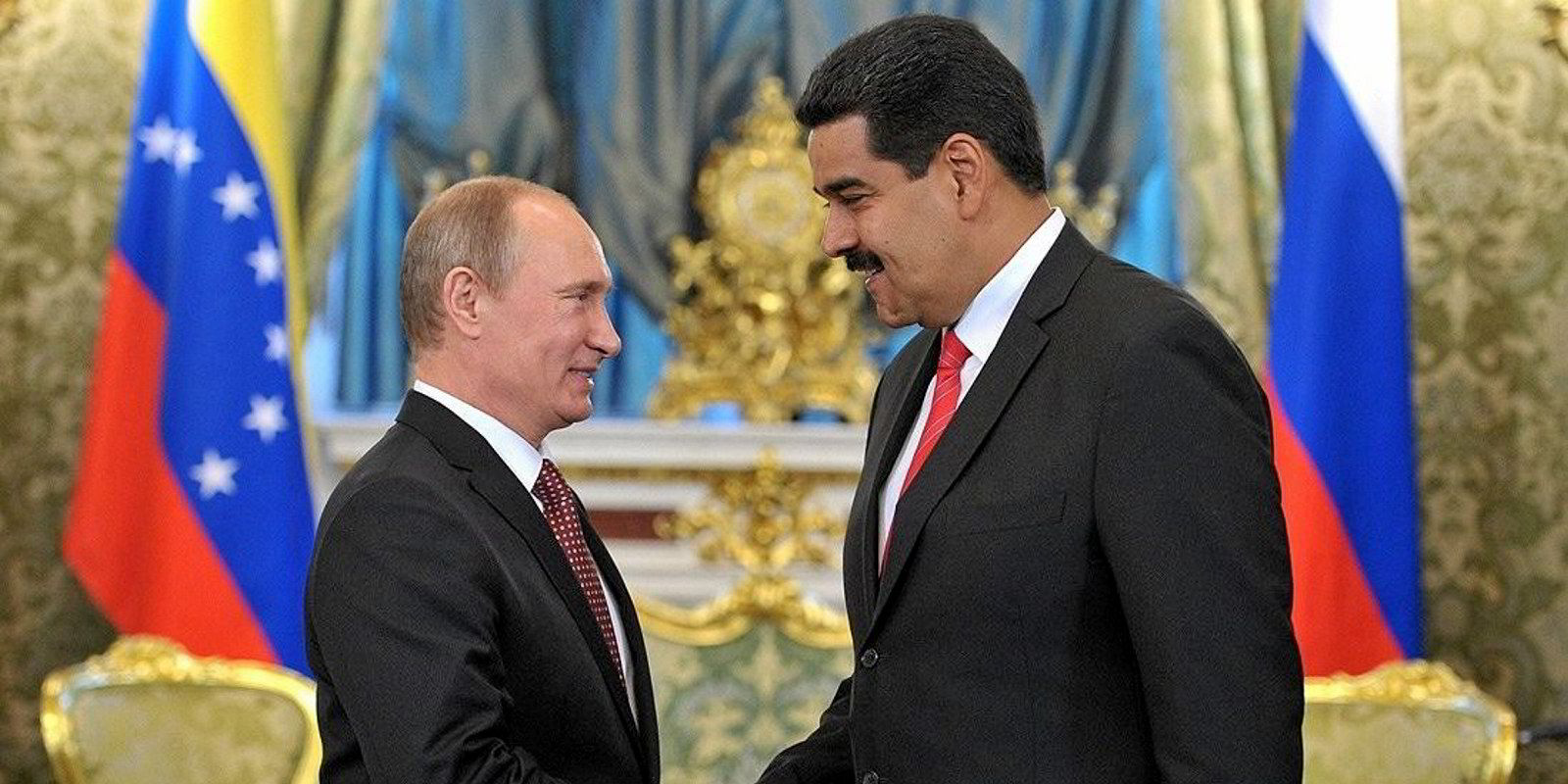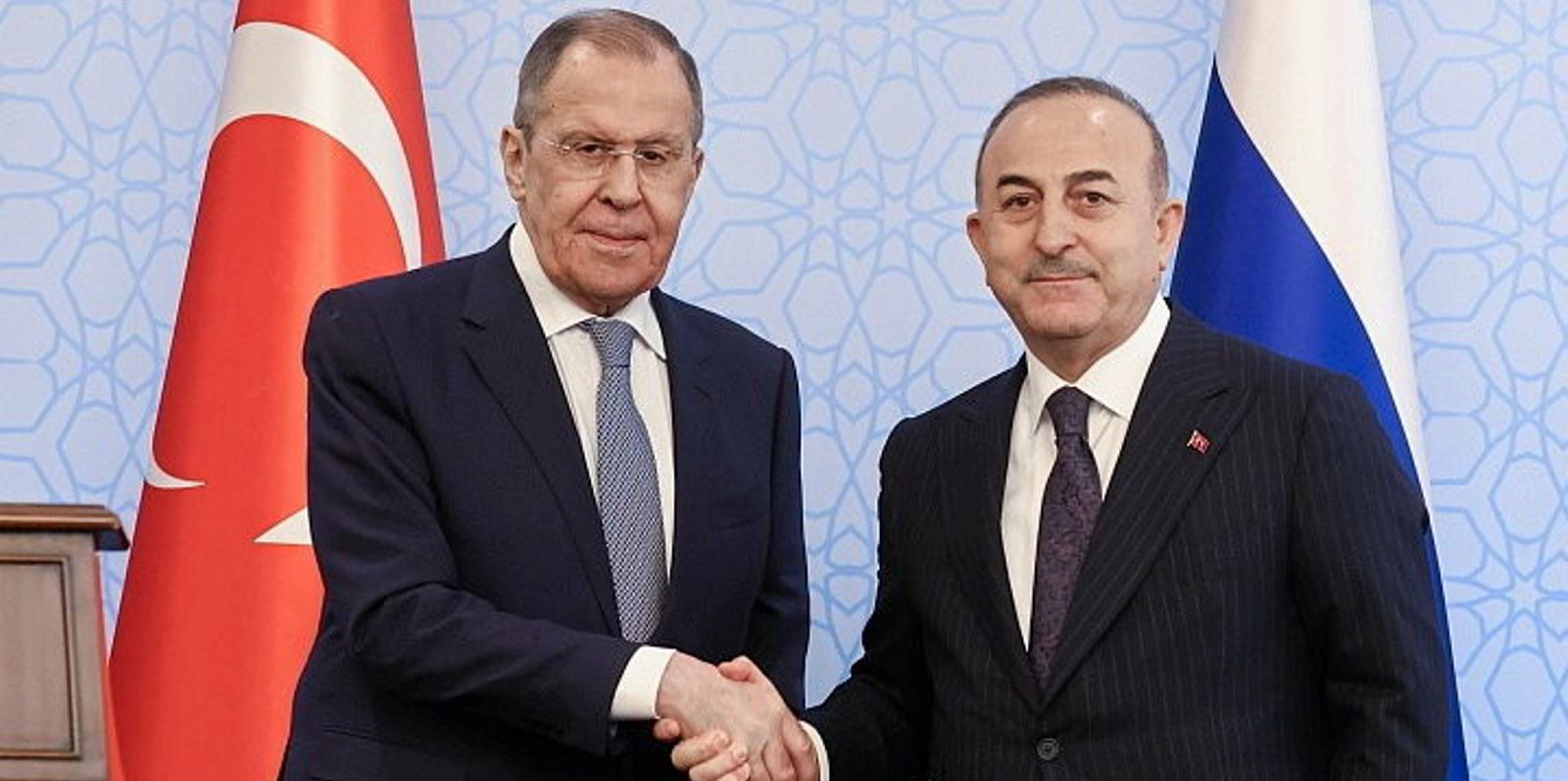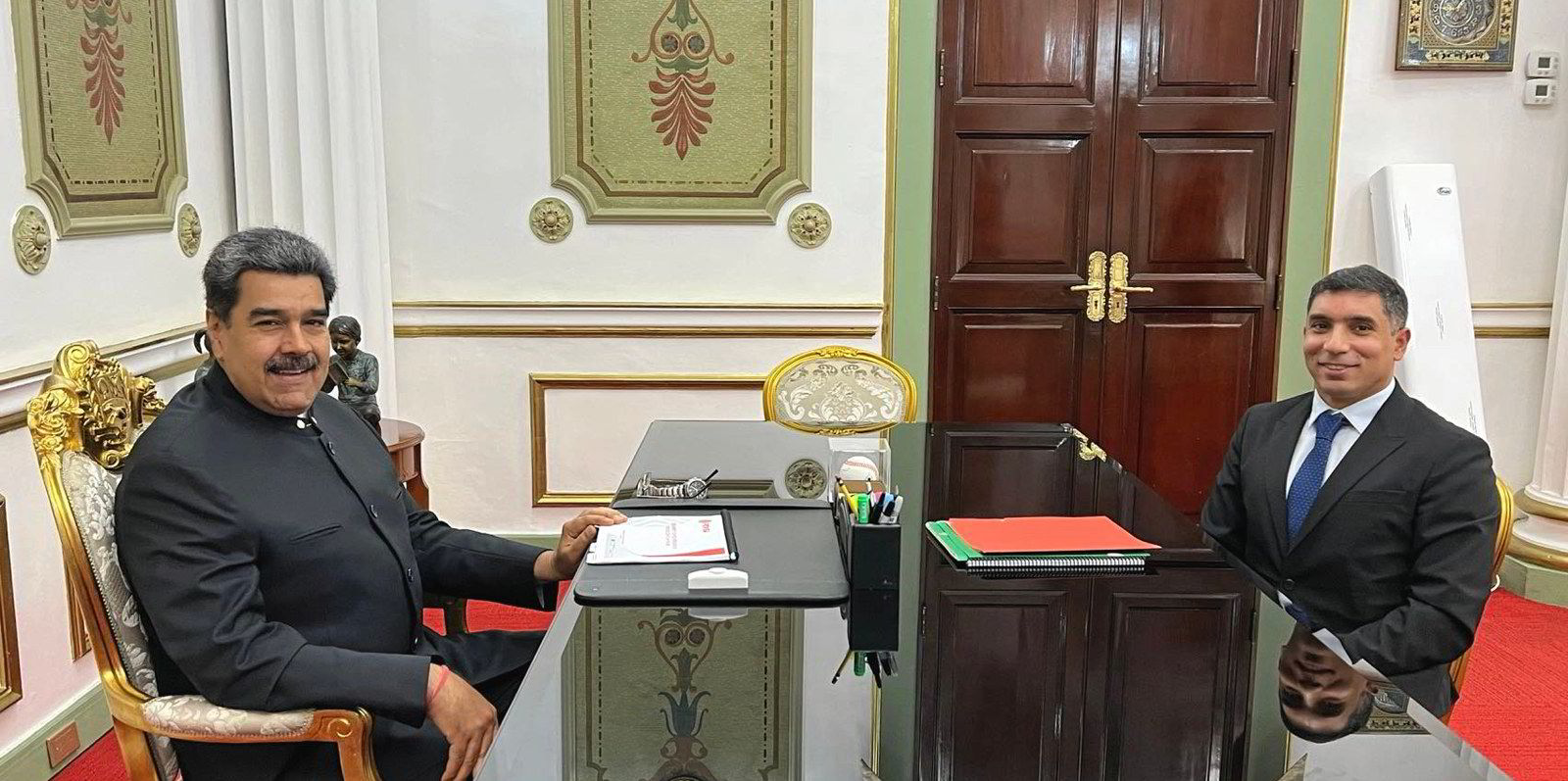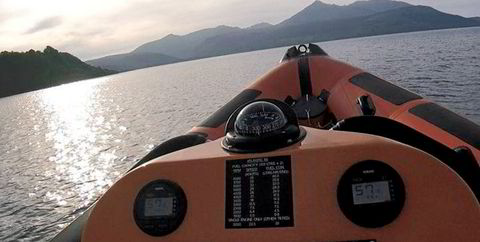In further evidence of the parallel trading structures being set up amid global, geopolitical upheaval, plans are underway for a joint Russian-Venezuelan dry bulk shipping company.
According to Russian media citing officials, the link will start operating “soon” between Venezuela’s Puerto Cabello and Russia.
Three port options are currently being examined on the Russian end — Saint Petersburg, Novorossiysk or Sevastopol in the Russian-occupied Crimea, which under international law belongs to Ukraine.
“If it’s Sevastopol, it will take 21 days, if Saint Petersburg, nearly 19 days,” Russian media cited the head of the Russian-Venezuelan Chamber of Commerce Roman Frolenko as saying.
Hampered by Western sanctions, Russia has been looking for new outlets not just for its oil and natural gas, but also for agricultural products, such as wheat and fertilisers.
Plans for a joint shipping company that will operate between the two countries are aiming to bypass such obstacles, which were imposed on Russia as a response to its invasion of Ukraine last year.
Russia’s Agricultural Bank has already agreed to join this project, Frolenko was quoted by Sputnik News as saying.
Agricultural Bank is currently shut out from the global interbank SWIFT payments system.
Its return to SWIFT is one of several demands that Russia raised last month to continue backing a UN-led safe corridor for the export of Ukrainian grain via the Black Sea.
According to Russian officials, Puerto Cabello could serve as a hub for the import of agricultural products such as seafood, coffee and fruit — not just from Venezuela but from other parts of Latin America as well.
It is “a very big and interesting port,” Frolenko was quoted by Sputnik as saying.
According to the Russian official, there are already projects underway to expand a grain terminal there.
“We were provided with a terminal for sunflower oil storage. Establishing this corridor has been underway for a long time already,” said the Russian official.
Late in 2022, Venezuelan Foreign Minister Carlos Faria told Sputnik that the two countries were finding ways to continue cooperation, despite Western sanctions that target both of them.






